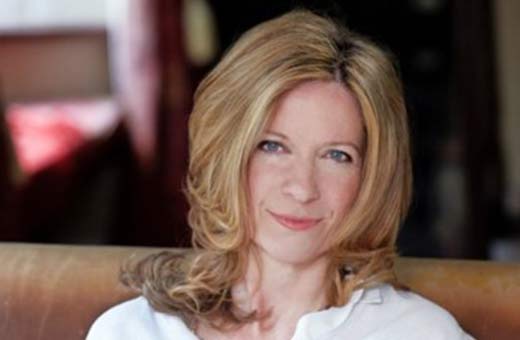Interview by Rupert Dastur
How old were you when you began writing?
I’ve written stories for as long as I can remember. My dad taught me to read and write when I was three. When I was ten I wrote a very short poem that won a competition on the back of a Shreddies packet. Since then I’ve always written, but I only started submitting to magazines and competitions a few years ago.
Do you write with an audience in mind?
No, I never think of who I’m writing for. I can’t write easily to a prescribed formula, or with a specific theme in mind. A character will suddenly appear. Or perhaps just an opening line. And then I’m off. At some point I will see where the narrative is leading. It’s only in the editing process, when I’ve finished the first draft that I might think of an ‘audience.’
What do you draw inspiration from?
I draw inspiration from all sorts of places – from reading other writers, from something I’ve heard on the news, from a painting, from a snatch of overheard conversation.
Which writers have influenced you the most?
I read widely and am influenced by pretty much everything I read. There’s so many to choose from – Chekhov, Hemingway, Alice Munro, Raymond Carver, Flannery O’Connor, Sarah Hall, Margaret Atwood, Lorrie Moore, Helen Dunmore, David Constantine, Tania Herschman… I could go on and on…
Buy short story collections from these authors: Raymond Carver, Flannery O’Connor, Margaret Atwood, Hemingway, Alice Munro, Sarah Hall, Helen Dumore, David Constantine
Read our interview with Tania Hershman here and also our review of her short story collection Some Glow More Than Others, published by Unthank Books.
Do you get people to read your work before you send it off?
Yes. I always try to find someone to read my work before I submit it. I have one particular friend who was in my MA workshop group and whose opinion I value. My daughter is also pretty good at proof reading. However, I find the best thing is to leave a story composting for a few weeks without looking at. Then I can approach it with a totally objective eye.
What advice would you give aspiring writers?
My advice to aspiring writers would be to develop a thick skin and to be persistent. And of course to keep reading. In particular to read the genre you aspire to write. I’m constantly amazed by the number of students who write short stories but who only read novels.
Are writers born, made, or a bit of both?
I think a bit of both. Some people do seem to have a natural gift for writing – some writers are poetic or lyrical, others seem to have an innate ability to create a narrative. However, like any skill, I believe your ability can be honed and polished. Like anything, the more you practice, the better you become.
How long or short do you think a short story ought to be?
I don’t think length is of great importance. I enjoy flash fiction, so for me a short story could be anything from fifty words to twenty thousand.
What do you think the short story does better than any other form?
For me a short story captures that ‘slice of life’ or Chekhov’s ‘glimpse in passing.’ Great short story writers manage to shine a lens on a small moment of life, which is often seemingly insignificant, yet says something profound about humanity.
***
Melanie Whipman is a writer, editor and creative writing teacher, specialising in the short story form. Her work has been broadcast on Radio 4 and published in various literary and commercial magazines and anthologies. She is an Associate Lecturer and runs creative writing workshops in Farnham. Her short story collection. Llama Sutra, is published with Ink Tears Press. Her website can be visited here.
Rupert Dastur is a writer, editor, and founding director of TSS Publishing. He studied English at Emmanuel College, Cambridge and is Associate Editor at The Word Factory, a leading short story organisation based in London. He’s also Events Coordinator for the Society of Young Publishers (London) and Curator for WritingCompetitions.org. His own work has appeared in a number of places online and in print and he is currently working on his first novel.
Support TSS Publishing by subscribing to our limited edition chapbooks.

